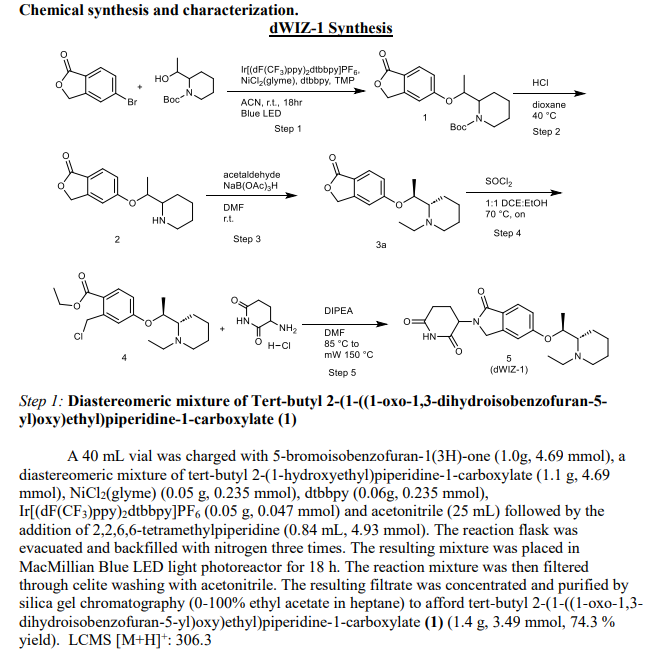Sickle Cell Disease is a genetic life-threatening condition caused by mutation in β-hemoglobin. Inducing fetal hemoglobin safely has been the goal for years but has remained out-of-reach. The discovery of dWIZ-1 and dWIZ-2 molecular glue degraders of the WIZ transcription factor that induce HbF in erythroblasts is a milestone toward a pill for therapy. The authors say WIZ is a previously unknown repressor of HbF.
The authors went through a chemical library of molecular glues targeting the protein cereblon to explore fetal hemoglobin (HbF) reactivation and had success with transcription factor WIZ in mice and non-human monkeys.

Science is one thing, of course, and regulatory approval is another. Mice are not little people and monkeys, while biologically closer, are still not enough. There is a billion dollars in clinical trials and unknown government hurdles before this can go to market. It could be decades before it sees pharmacies unless a political appointee tells FDA to give it an emergency use exemption assuming safety and dosing, as the Trump administration did to try and mitigate the COVID-19 pandemic in 2020.




Comments